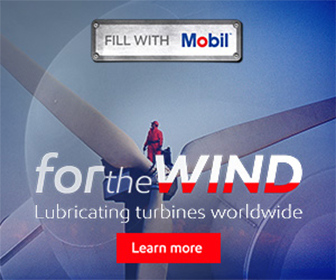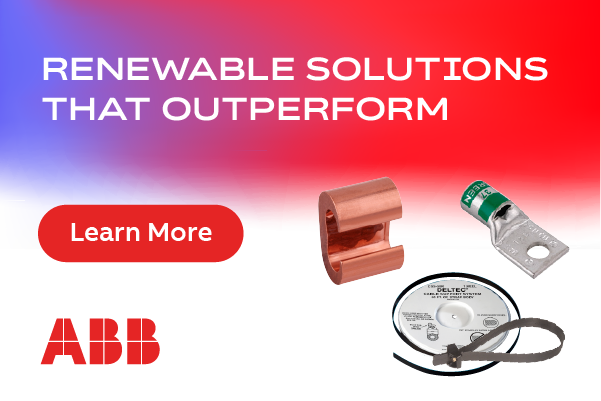Can We Overcome the Social License Barrier?
Have we hit an inflection point where each new wind or solar project is harder to build than the last? In August 2023, the Canadian province of Alberta imposed a regulatory moratorium on new grid-scale renewables, affecting 118 projects worth an estimated USD$25 Billion of investment. In December, the Osage Nation won a Federal ruling in Oklahoma that calls for the dismantling of an 84-turbine, 150-megawatt wind farm for encroaching on their mineral rights. If the ruling stands, it could cost over $300 million to dismantle the project.
To get on track to net zero by 2050 while “electrifying everything”, the world will need to more than double electricity generation capacity, with nearly three-quarters coming from low- or zero-carbon sources as early as 2030. In support of this aim, almost 200 of the world’s nations agreed at COP-28 to triple renewables capacity over the next seven years.
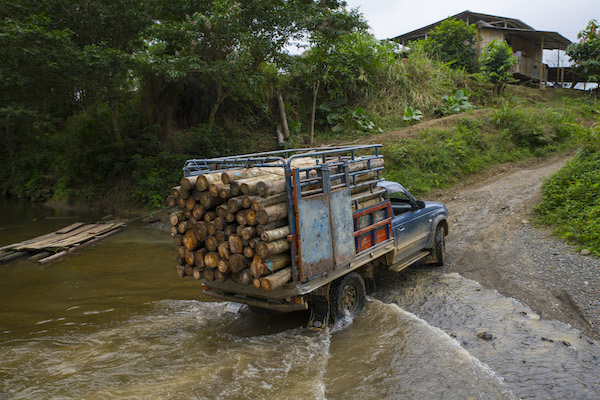
© Equitable Origin/Manuel Pallares
This commitment calls for an unprecedented pace of success in moving large-scale projects, from conception to approval to first electron. But as the cases above suggest, the greatest constraint will not be financing, but the ability to earn and maintain social license and Free Prior and Informed Consent of project-affected Indigenous Peoples.
According to the Business and Human Rights Centre , “Community opposition resulting from a failure to adequately communicate with affected stakeholders, increasing litigation, opaque operational practices and allegations of corruption pose serious threats to the public support necessary to a fast-paced energy transition and to the sustainable roll-out of Renewable Energy projects.”
“local opposition to renewable energy facilities is widespread and growing”
The combination of time-limited subsidy programs and growing urgency risks repeating the harms of previous waves of industrial development, particularly in the Global South. Already, community opposition, Indigenous land appropriation, and concerns over minerals and other materials are becoming clear impediments to the growth of the sector.
Of the more than 50 wind and solar projects announced since 2019 in Colombia by global companies, none are currently operating, with one company indefinitely shelving projects in the region due to local protest. In Kenya, the Lake Turkana Wind Project has been halted for failing to achieve free, prior and informed consent (FPIC) or provide appropriate compensation to Indigenous communities. Increasingly, the international community, including activists like Greta Thunberg, are getting involved in raising the profile of injustices associated with renewable energy project development.
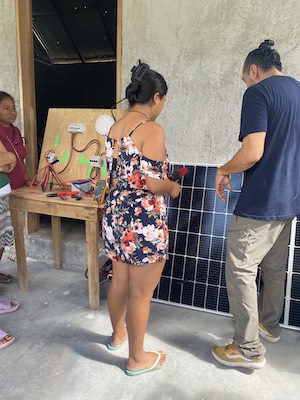 In countries with robust governance such as Canada and New Zealand, threading the needle of Indigenous and community consent is a well-acknowledged barrier to renewables growth. Securing consent for a project in New Zealand can account on average for five and a half percent of total project costs and for eight years of engagement and approval processes. As noted above, Alberta’s seven month moratorium was imposed in response to rural calls to review the sector’s impacts on high-value agricultural land and aesthetics.
In countries with robust governance such as Canada and New Zealand, threading the needle of Indigenous and community consent is a well-acknowledged barrier to renewables growth. Securing consent for a project in New Zealand can account on average for five and a half percent of total project costs and for eight years of engagement and approval processes. As noted above, Alberta’s seven month moratorium was imposed in response to rural calls to review the sector’s impacts on high-value agricultural land and aesthetics.
The renewable energy transition will have impacts throughout the entire supply chain, driving expansion of rare earth mining globally. The Extractive Industries Transparency Initiative notes that “for citizens of countries rich in transition minerals, a mining boom could bring jobs and economic opportunities. But if not managed well, it could do more harm than good, disrupting traditional livelihoods and the environment.”
Less publicized than rare earths, Ecuador faces a growing problem from illegal logging, drug abuse and violence driven by the race for balsa wood for wind turbines. As the source of nearly 80 percent of global balsa wood, much of sourced from within the Amazon, Ecuador’s Indigenous communities are an unseen and impacted stakeholder in the global supply chain for wind power.
All energy infrastructure projects come with a variety of risks and both positive and negative impacts. Rigorous independent project certification to a credible set of international best practices may offer a way forward for leading developers, their investors and project-affected and host communities and Peoples.
Voluntary sustainability certification offers:
- A comprehensive set of environmental, social and governance (ESG) criteria for managing, evaluating and communicating ESG performance at the site level;
- Independent, credible verification of a project’s performance with annual site-level reverification;
- Potential to increase product value or reduce the cost of capital based on the demonstration of higher performance and reduced social and regulatory risk.
Established in 2012, Equitable Origin is an independent non-profit organization that enables more responsible energy production and transition through its EO100 Standard and certification. The EO100 Standard is the product of extensive consultation with the energy industry, international NGOs, Indigenous organizations, financial institutions, government, and communities affected by energy projects. The Standard establishes metrics and performance targets to objectively and independently evaluate the environmental, social and governance (ESG) impacts of energy projects across five Principles:
- Corporate Governance, Transparency & Ethics
- Human Rights, Social Impact & Community Development
- Indigenous People’s Rights
- Fair Labor & Working Conditions
- Climate Change, Biodiversity & Environment
Specific benchmarks include the World Bank Environmental, Health, and Safety Guidelines, Global Reporting Initiative (GRI), United Nations Guiding Principles on Business and Human Rights, and Declaration on the Rights of Indigenous Peoples, and the Task Force on Climate-Related Financial Disclosure.
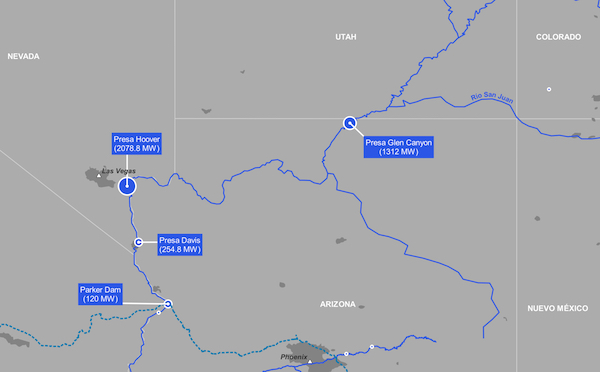
While EO is the leading provider of high ESG sustainability standards in natural gas, it also builds on nearly a decade of work on the overlap between indigenous and human rights and renewable energy development. In 2023, EO began development of sector-specific technical supplements to help differentiate and recognize environmental, social and governance leadership in onshore utility-scale Wind and Solar projects. The Standards incorporate leading norms and guidance on a project lifecycle and value chain basis, including on materials sourcing, Free Prior and Informed Consent, and reclamation. You can get engaged by participating in our public comment phase, beginning in April 2024, or by working with us to pilot these standards. Find out more here
“those who bear the risks and costs of energy development do not receive the benefits nor have voice in decisions.”
Over two decades ago, the World Commission on Dams reviewed the track record of large hydro in delivering economic, environmental and development outcomes. It found that, too often, those who bore the risks and costs of energy development did not receive the benefits, nor have a meaningful voice in decision-making. This was particularly true for Indigenous and historically-disadvantaged communities, and in regions of fragile or autocratic governance.
Through expert auditing to high-integrity international benchmarks, we seek to shift this equation, and to empower Energy Infrastructure operators, investors and their host communities to deliver better outcomes.
Jason Switzer is CEO and Kaki Comer is Senior Analyst at Equitable Origin, which partners with business, communities and government to support transparent, equitable, and sustainable development of energy and natural resources.
Equitable Origin | www.equitableorigin.org
Author: Jason Switzer and Kaki Comer








